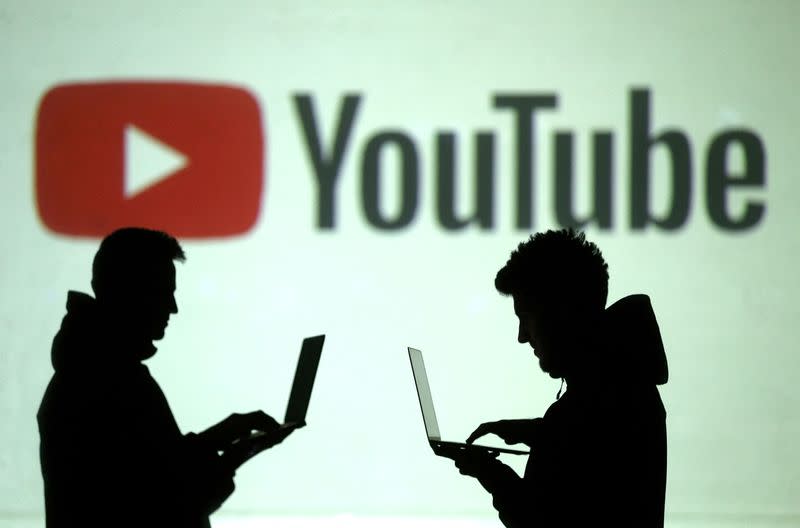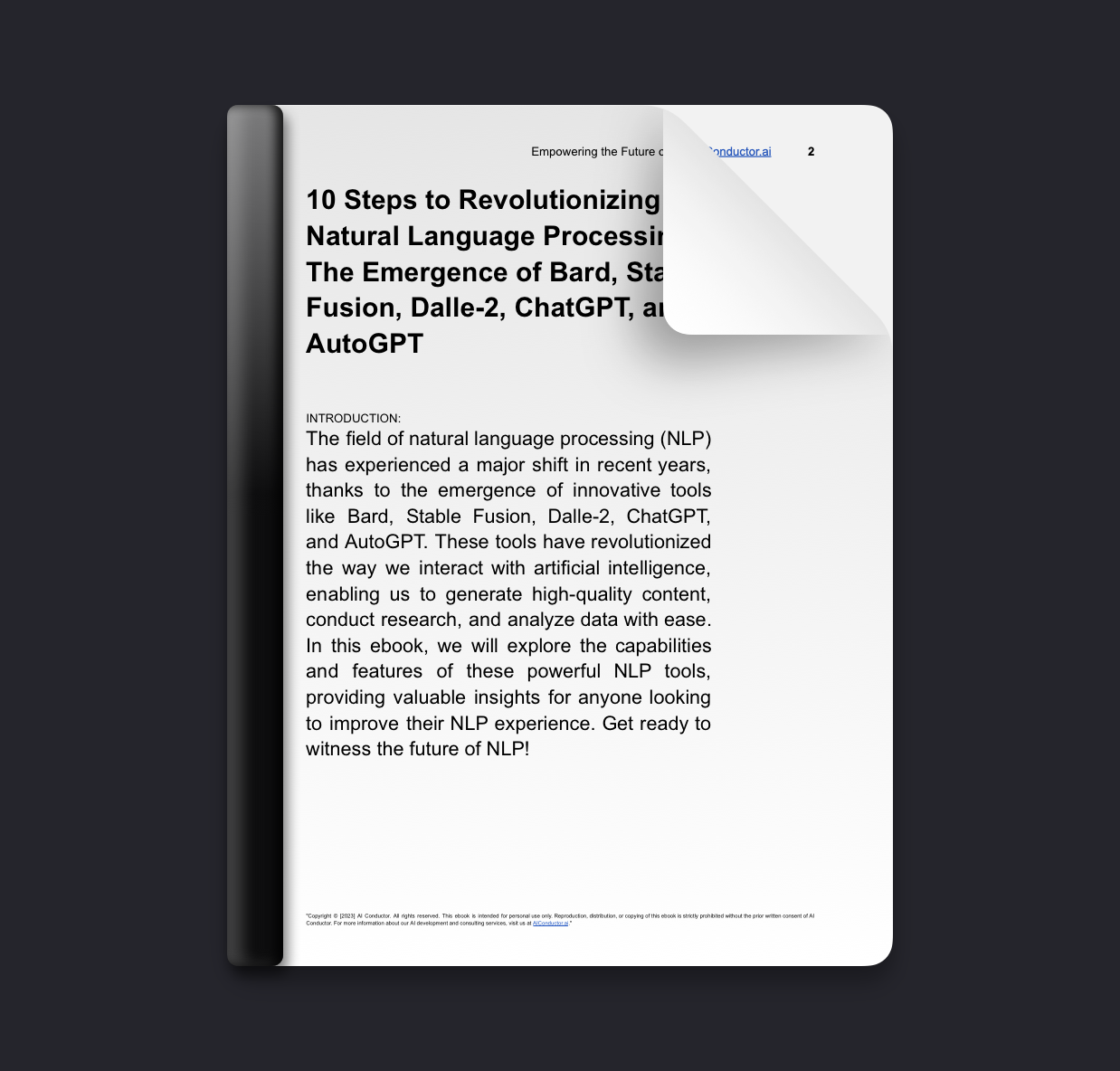We asked:
What will be the implications for freedom of speech if the US Supreme Court rules in favor of YouTube in this case, and how will it affect the use of AI and chatbot technology?
The Gist:
The U.S. Supreme Court is currently considering a case that could shape the future of online chatbots and artificial intelligence (AI). The case involves a lawsuit against YouTube, the popular online video streaming platform, that claims the company violated federal law by censoring certain videos. If the court rules in favor of the plaintiff, it could create a legal precedent that would provide greater protections for chatbots and AI-powered services.

Decoded:
The US Supreme Court Could Shape Protections from Those Powered by Chatbot and AI
In a recent case heard before the US Supreme Court, justices faced a question that is quickly becoming more pressing with advancements in artificial intelligence (AI) and chatbots: how do we differentiate between a real-life person and a computer-generated voice? Bloomberg explains that the potential implications of this case are far-reaching, and it could shape the protections and regulations of the future.
Currently, the law makes a distinction between people and computers. It makes it easier for people to sue companies should they feel they’ve been wronged, while the use of computers greatly strengthens the hand of companies in such cases. The Supreme Court is being asked to decide if AI and chatbot technology has reached a place where those using the software should be held to the same standards as a human case.
AI and chatbot technology are becoming ever more common in our society. Chatbot technology is being used more frequently to act as an interface between businesses and customers, to respond to emails, and even as customer service reps in call centers. AI is also being used in disciplines as varied as healthcare and finance.
The implications of this case can be quite serious if the Supreme Court decides that AI and chatbot technology is becoming increasingly sophisticated and fallible. Companies may have to rethink how they use such technology, and they could be liable for the actions of such software if it is seen as giving wrong information or providing services beyond its capabilities. Plus, laws may need to be drafted to more clearly define the responsibilities of a company when it comes to AI and chatbot technology to ensure that companies are held accountable for their use of such software.
The use of AI and chatbot technology also offers many benefits to society. It can help automate mundane and tedious tasks and give businesses a way to streamline customer service and make it much more cost-effective. Additionally, AI can be used for more complex tasks, such as diagnosing diseases or making investments. With the right protections in place and proper regulation, such technology could offer great benefits to the public.
Overall, the US Supreme Court is set to rule on a case that could have a profound impact on the ways in which businesses use AI and chatbot technology, and ultimately shape the rights and protections afforded to those dealing with such automated voices. We may not know the results of this case for several months, but there is no doubt that this ruling could greatly affect our society.
In a recent case heard before the US Supreme Court, justices faced a question that is quickly becoming more pressing with advancements in artificial intelligence (AI) and chatbots: how do we differentiate between a real-life person and a computer-generated voice? Bloomberg explains that the potential implications of this case are far-reaching, and it could shape the protections and regulations of the future.
Currently, the law makes a distinction between people and computers. It makes it easier for people to sue companies should they feel they’ve been wronged, while the use of computers greatly strengthens the hand of companies in such cases. The Supreme Court is being asked to decide if AI and chatbot technology has reached a place where those using the software should be held to the same standards as a human case.
AI and chatbot technology are becoming ever more common in our society. Chatbot technology is being used more frequently to act as an interface between businesses and customers, to respond to emails, and even as customer service reps in call centers. AI is also being used in disciplines as varied as healthcare and finance.
The implications of this case can be quite serious if the Supreme Court decides that AI and chatbot technology is becoming increasingly sophisticated and fallible. Companies may have to rethink how they use such technology, and they could be liable for the actions of such software if it is seen as giving wrong information or providing services beyond its capabilities. Plus, laws may need to be drafted to more clearly define the responsibilities of a company when it comes to AI and chatbot technology to ensure that companies are held accountable for their use of such software.
The use of AI and chatbot technology also offers many benefits to society. It can help automate mundane and tedious tasks and give businesses a way to streamline customer service and make it much more cost-effective. Additionally, AI can be used for more complex tasks, such as diagnosing diseases or making investments. With the right protections in place and proper regulation, such technology could offer great benefits to the public.
Overall, the US Supreme Court is set to rule on a case that could have a profound impact on the ways in which businesses use AI and chatbot technology, and ultimately shape the rights and protections afforded to those dealing with such automated voices. We may not know the results of this case for several months, but there is no doubt that this ruling could greatly affect our society.

Essential Insights:
Three-Word Highlights
YouTube, Supreme Court, Copyright
Winners & Losers:
Pros:
1. The ruling could provide more clarity on the legal protections for chatbot and AI technology.
2. It could lead to more consistent and reliable legal protections for chatbot and AI technology across the US.
3. It could help ensure that chatbot and AI technology is used responsibly.
Cons:
1. The ruling could limit the use of chatbot and AI technology, making it difficult for companies to leverage its potential.
2. It could lead to more restrictive regulations, which could impede innovation.
3. It could create confusion and uncertainty in the industry as companies try to comply with the new regulations.
Bottom Line:
The bottom line is that the U.S. Supreme Court ruling on the YouTube case could have a lasting impact on the protections for online speech, chatbots, and AI-generated content.
Ref.
Research Photo Link
Source





